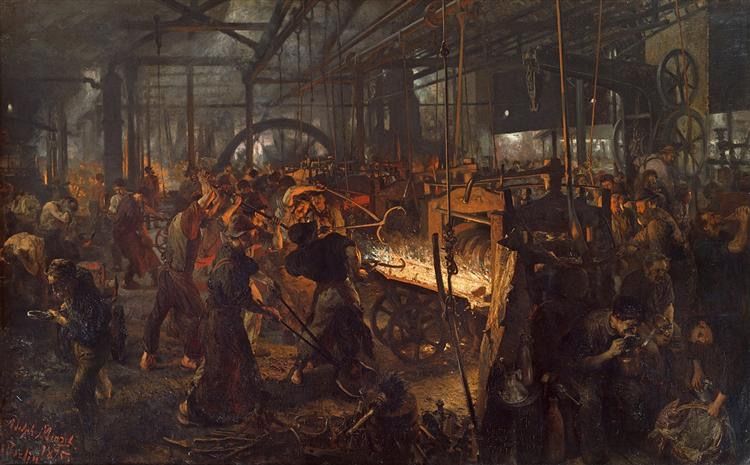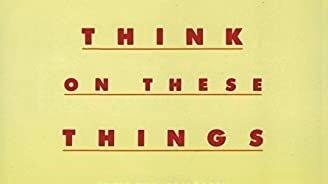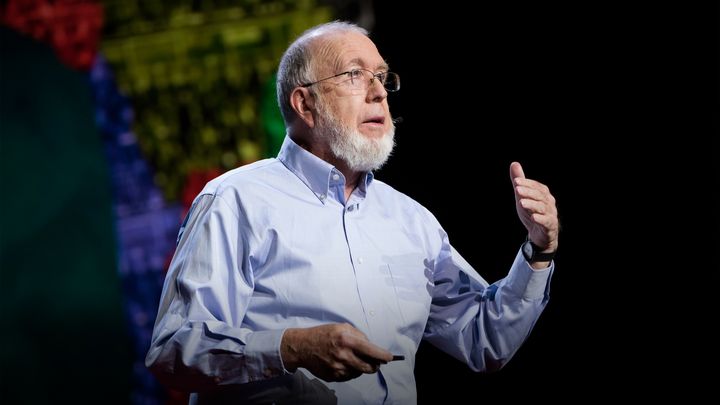3 Essential Lessons From Dostoevsky, Stoic Philosophy, and Osho
How to not be evil.

All evil people have 3 negative traits:
- They're untruthful.
- They're overly emotional.
- They have a victim mentality.
It is essential to not have these traits if you want to be a good person.
"Remember: Upon the conduct of each depends the fate of all." – Alexander the Great
How do we avoid these 3 negative traits?
We must develop 3 opposing traits:
- Always tell the truth.
- Be Stoic in the ancient philosophical sense.
- Take responsibility.
Truth
Always tell the truth. It saves you from delusion, gives you self-esteem, and improves your relationships.
“Above all, don’t lie to yourself. The man who lies to himself and listens to his own lie comes to a point that he cannot distinguish the truth within him, or around him, and so loses all respect for himself and others. And having no respect he ceases to love.” – Fyodor Dostoevsky, The Brothers Karamazov
Stoicism
Be stoic in the ancient philosophical sense. It saves you from being overly emotional.
Many people think that Stoics suppress all of their emotions. And that would be bad, as Sigmund Freud has said, “Unexpressed emotions will never die. They are buried alive and will come forth later in uglier ways.” But Stoics don't suppress all of their emotions – they try to banish negative emotions. They are grateful for positive emotions. And, if you do philosophical meditation, you don't have to worry about Jungian repressed emotions wreaking havoc on your unconscious mind.
Responsibility
Take responsibility. This saves you from the victim mentality and misery.
Osho tells us that at any point you can choose to stop being a victim: “The first thing: that nobody is holding you there; it is you who has decided to remain in that prison of misery. Nobody holds anybody. A man who is ready to get out of it, can get out of it right this very moment. Nobody else is responsible. If one is miserable, one is responsible, but a miserable person never accepts the responsibility—that is his way of remaining miserable. He says, “Somebody else is making me miserable.”
He goes on to list who we usually blame for our misery: “So people go on throwing the responsibility—sometimes on the wife, sometimes on the husband, sometimes on the family, sometimes on the conditioning, the childhood, the mother, the father … sometimes the society, the history, fate, God, but they always go on throwing. The names are different, but the trick is the same.”
Illness Victim Mentality
The illness victim mentality (coined by Osho) is a variation of the victim mentality that people who have a severe illness often develop. “Illness has a few advantages that health cannot have; don’t become attached to those advantages. Hate also has a few advantages that love cannot have. And you have to be very watchful. The ill person gets sympathy from everybody else; nobody hurts him, everybody remains careful what they say to him, he is so ill. He remains the focus, the center of everybody—the family, the friends—he becomes the central person, he becomes important. Now, if he becomes too much attached to this importance, to this ego fulfillment, he will never want to be healthy again. He himself will cling to illness. And psychologists say there are many people who are clinging to illnesses because of the advantages illnesses have. And they have invested in their illnesses for so long that they have completely forgotten that they are clinging to those illnesses. They are afraid if they become healthy they will be nobody again.” Osho goes on to say, “And if this happens, then it is impossible to be healthy. No medicine can help now. The person has become decisively committed to illness. And that’s what has happened to many people, the majority.”



Comments ()